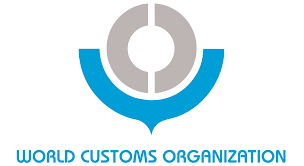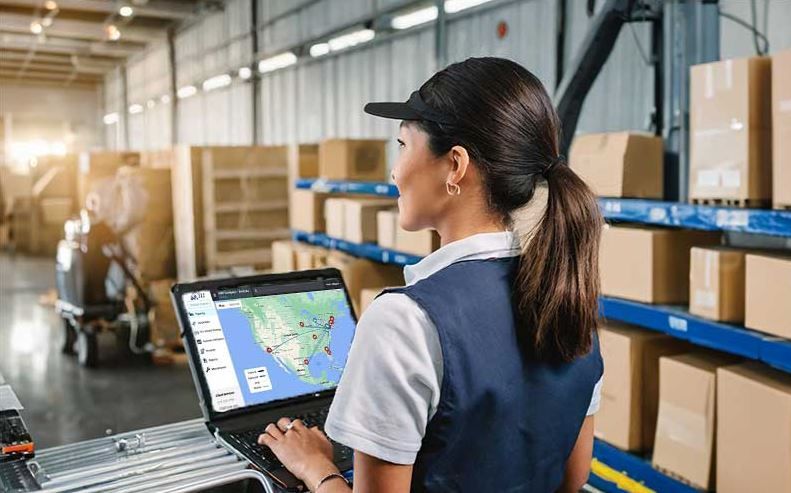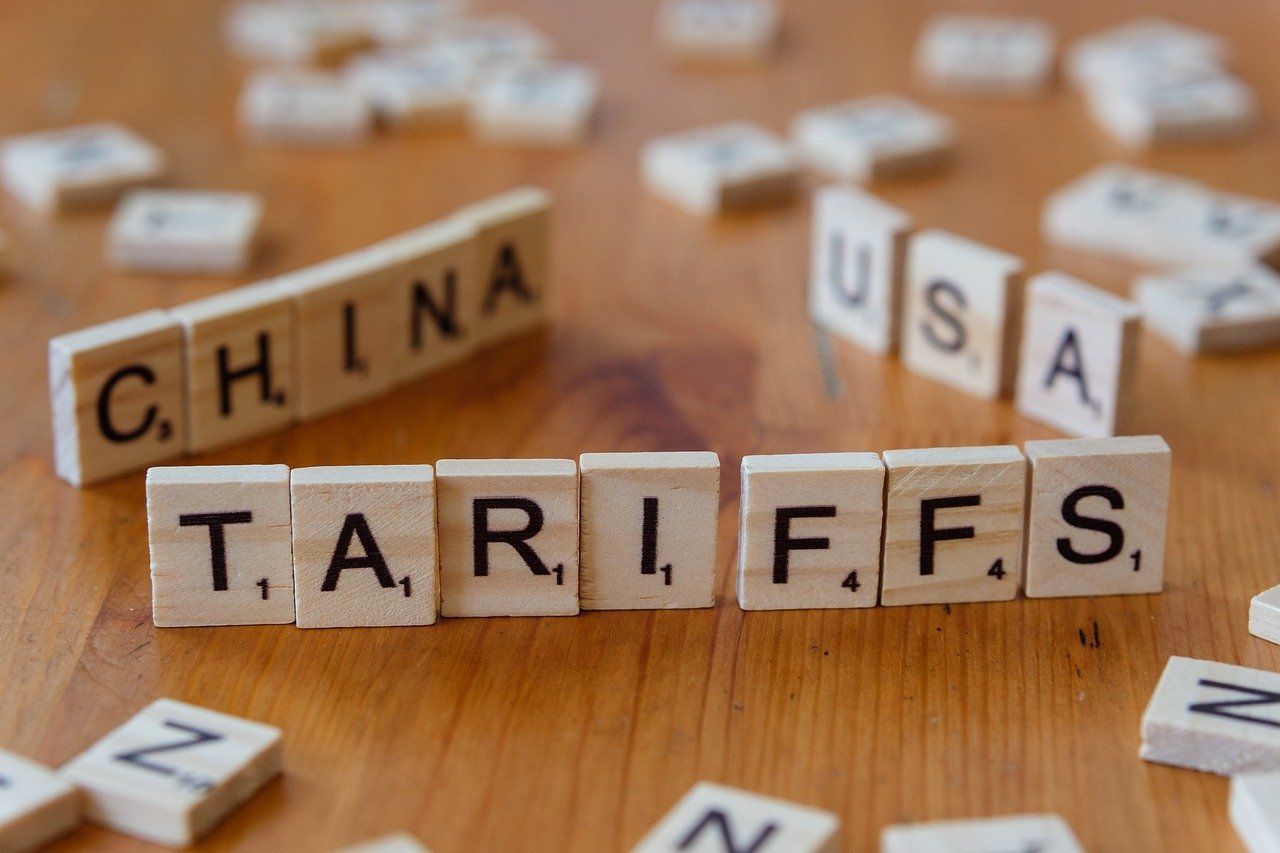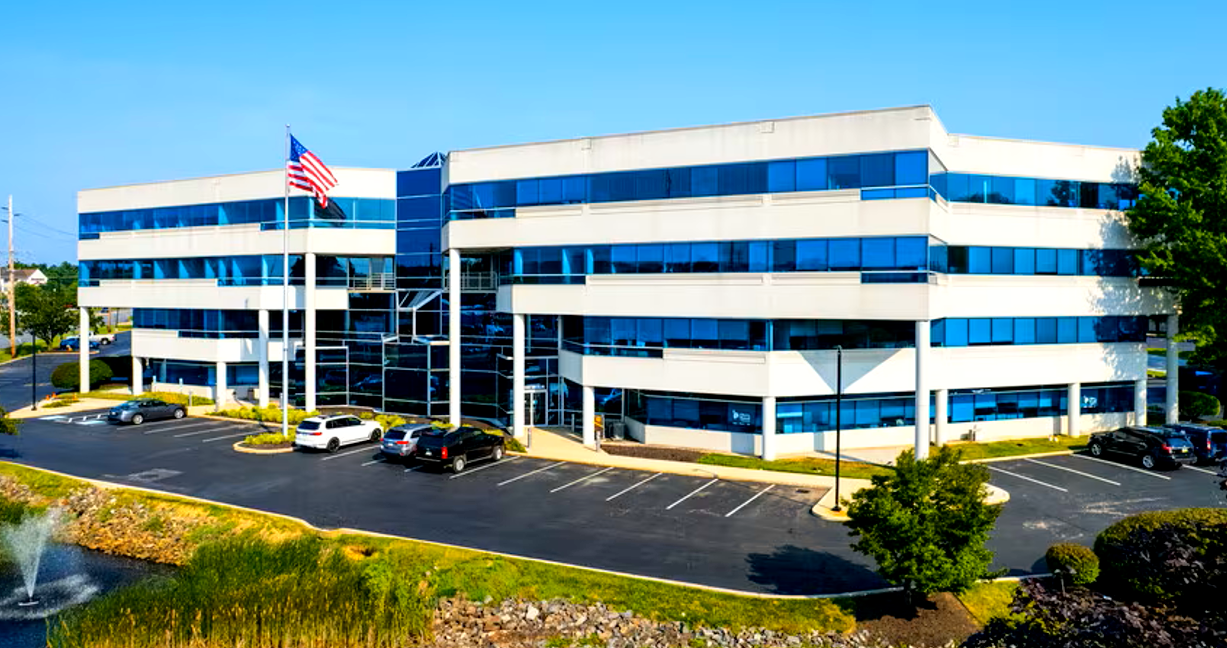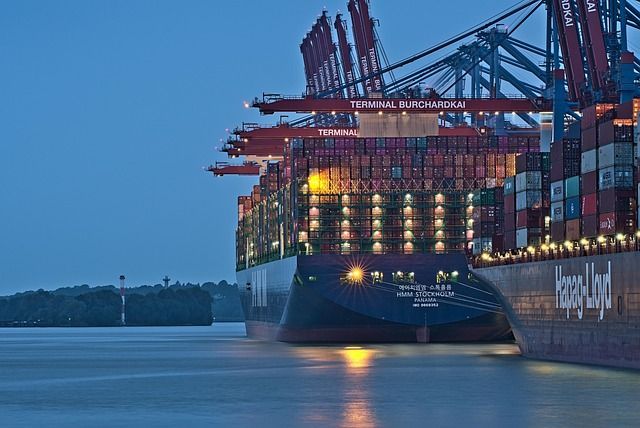The World Customs Organization (WCO)
World Customs Organization (WCO)
The World Customs Organization (WCO) is an intergovernmental organization headquartered in Brussels, Belgium, that was established in 1952 to promote international cooperation in customs matters. The organization has 183 member countries and is responsible for developing and implementing global customs standards, promoting best practices in customs administration, and providing technical assistance to its members.
One of the key functions of the WCO is the development and maintenance of the Harmonized
System (HS), which is a standardized system of names and numbers used to classify goods in international trade. The HS is used by customs authorities around the world to determine the appropriate tariff rates for imported and exported goods.
The Harmonized Tariff Schedule (HTS) is a national version of the HS that is used by customs authorities in the United States. The HTS is based on the international HS but includes additional U.S.-specific classifications and rates of duty. The HTS is maintained by the U.S. International Trade Commission (ITC) and is regularly updated to reflect changes in international trade and
U.S. trade policy. The WCO and the ITC work closely together to ensure that the HS and the HTS remain aligned and up to date. The WCO maintains the international HS and provides guidance on
its use, while the ITC maintains the HTS and ensures that it reflects the latest changes in the international HS.
The HS is used by customs authorities in more than 200 countries around the world, making it an essential tool for international trade. By providing a standardized system for classifying goods, the HS helps to ensure that customs procedures are efficient and consistent, which in turn helps to facilitate international trade and promote economic growth.
In addition to its work on the HS and the HTS, the WCO is also involved in a wide range of other customs-related activities. These include the development of best practices in customs administration, the promotion of trade facilitation and security, and the provision of technical assistance to developing countries.
Overall, the World Customs Organization plays a critical role in facilitating international trade and promoting economic growth around the world. By developing and maintaining the Harmonized System, the organization helps to ensure that customs procedures are efficient and consistent, which in turn helps to promote the free flow of goods and services across borders.
Read More:
TLI Insights
Get the latest logistics insights and tips from TLI's award-winning team. Stay ahead in transportation planning.
Questions? Email us at marketing@shiptli.com

